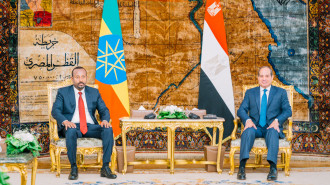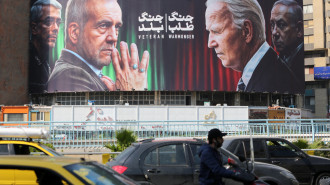Mosques under the microscope in Europe
Muslims in European countries have been subjected to increased scrutiny due to official fears of "homegrown extremists", especially after attacks carried out by European-born Muslims.
The large number of young European Muslims who in recent years have traveled to join the Islamic State group in Iraq and Syria has only exacerbated those fears and placed Muslims communities under further suspicion.
While Muslim communities face different challenges from one European country to the next, there are similarities in how they are treated by authorities and perceived by the media.
Prejudice against preachers
Although they are the first line of defence against extremist thought and radicalisation, Europe's imams are frequently accused of spreading hate speech and not doing enough to integrate their communities with wider society.
Imams complain of being blamed for the failure of the government policies and wider society in constructively engaging local Muslim communities.
| We prioritise the interests of the country we live in and the interests of the overwhelming majority of Muslims - Imam Ismail al-Numani |
"Imams play a larger educational role than civil society organisations, as we advise young people to obey the laws of the land and not to get involved in illegal activities, while organisations working on integration blame the failure of their policies on imams," said Imam Abdullah Abu Bilal, who heads a mosque in the Danish capital, Copenhagen.
Ismail al-Numani, the imam of al-Nour mosque in Amsterdam, agreed.
"We prioritise the interests of the country we live in and the interests of the overwhelming majority of Muslims who only want security, stability, employment and the chance to practice their religious beliefs in freedom as guaranteed by the law," he said.
Imams as informants
After the 11 September 2001 attacks in the United States, many European governments started engaging with mosques and Muslim organisations.
But some imams complained that authorities use such dialogues to specifically address their security agenda - attempting to recruit Imams as informants or preachers of a government-sanctioned version of Islam.
"Those meetings used to be attended by representatives of the security services who would focus on what could be done to lessen the appeal of extremism among the youth," said one imam who took part in such a meeting in Denmark.
"We used to ask them about the Israeli occupation and the siege on Gaza, or the prejudice suffered by young Muslims, but the security agents would avoid answering the questions or remain silent."
| They want us to magically stop radicalisation - Abdullah Ismail |
The imam, who wished to remain anonymous, added: "Sometimes the security agents would use veiled threats by talking about legislation to close mosques or the deportation of imams."
Abdullah Ismail, another who took part in discussions between Danish authorities and imams, said that authorities only cared about the youth, who they saw as a potential threat.
"They want us to magically stop radicalisation but when we inquire about what they're doing to eliminate the isolation and prejudice felt by the youth, we never received a sufficient answer," said Ismail.
The need for local training
There have been repeated calls from Muslim communities across Europe for imams to be trained locally in order to have a better understanding of the societies in which they live and appropriately serve the needs of the Muslim communities in western countries.
| In Britain, foreign imams are not sufficiently informed about political, social, legal and economic systems - Zahi Rajjoub |
Zahi Rajjoub, a Lebanese immigrant to Britain, believes that the challenge for most Muslims in the west is the age gap between the imams and the congregation, in addition to the cultural and language barriers between people and imams from Muslim-majority countries.
"In Britain, for example, the majority of foreign imams are not sufficiently informed about the political, social, legal and economic systems in the country," said Rajjoub. "Also, only a minority of those imams are fluent English speakers, which affects their ability to convey the right message about Islam to a congregation that does not speak anything but English.
"What makes matters more complex is the fact that Muslims in Britain come from 56 different countries and speaking 70 languages, in addition to following various Islamic sects and schools of thought."
In Germany, Muslims have started an initiative to train imams to improve their German language skills and religious knowledge.
Abdul Samad al-Yazidi, a member of the Central Council of Muslims in Germany, told al-Araby al-Jadeed that the programme in the state of Hesse includes more than 30 imams, who are being trained by experts in Islamic studies and language teachers.
In countries such as Denmark, Belgium and France, where hostility towards Muslims has been on the increase in the past few years, imams fear that government-run training programmes might aim to co-opt Muslim religious leaders.
Many, therefore, support local training programmes, but insist they be designed and delivered by Muslim communities without government involvement.
This is an edited translation from our Arabic edition.


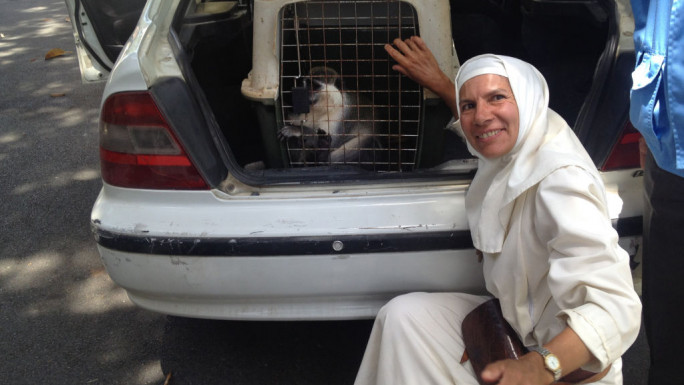
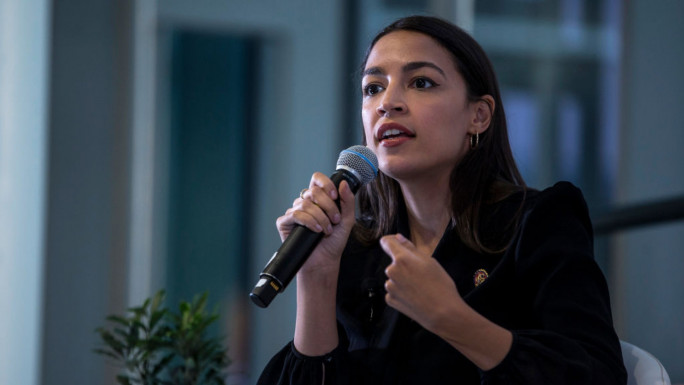
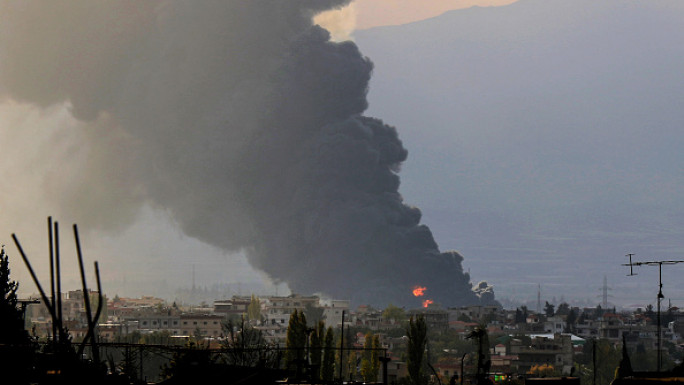
 Follow the Middle East's top stories in English at The New Arab on Google News
Follow the Middle East's top stories in English at The New Arab on Google News
